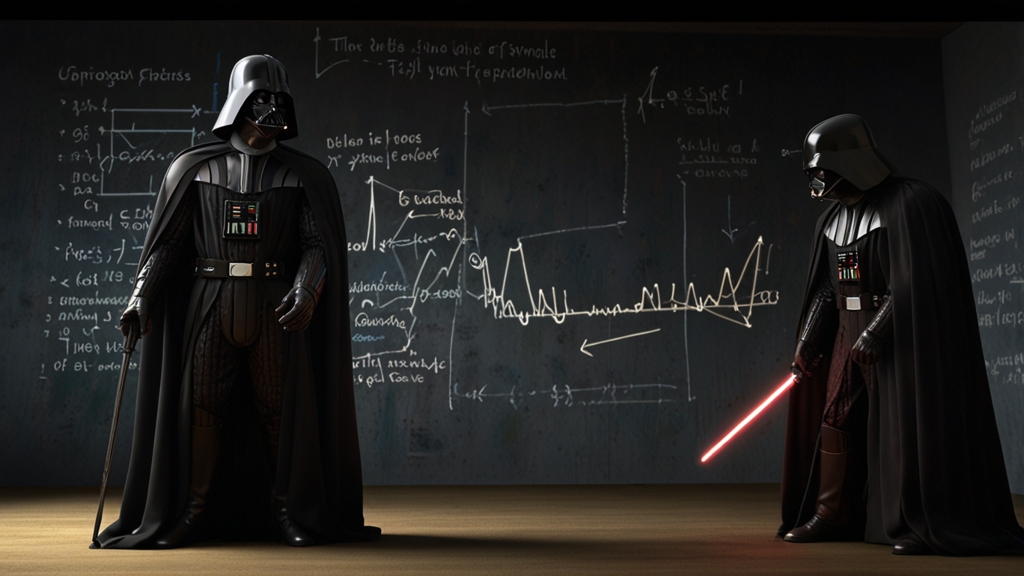The Future of Logic Trends You Need to Know About
As we venture deeper into the 21st century, the realm of logic—once a domain for philosophers and mathematicians—continues to evolve rapidly. With advancements in technology, new applications are emerging that integrate logic into diverse fields such as artificial intelligence, cybersecurity, and quantum computing. In this article, we will explore some of the key trends in logic that are shaping our future.
1. Quantum Logic
Quantum logic represents a significant shift from classical logic principles. It is the foundation of quantum computing, a field that leverages the principles of quantum mechanics to process information in ways that classical computers cannot. Quantum logic gates, entanglement, and superposition are revolutionizing problem-solving capacities across industries.
"Quantum logic is not just an extension of classical logic, but a complete reimagining of computational boundaries." - Dr. Jane Smith, Theoretical Physicist
The potential for quantum logic is vast, including advancements in cryptography, optimization problems, and even pharmaceutical development. With companies like IBM and Google making strides in quantum computing, the application of quantum logic is poised to make unprecedented breakthroughs in the next decade.
2. Probabilistic Logic
In an unpredictable world, probabilistic logic systems are becoming increasingly essential. Unlike traditional binary logic, which relies on true or false distinctions, probabilistic logic handles uncertainties and models likelihoods. This type of logic is particularly valuable in fields like artificial intelligence, where it helps make more accurate predictions and decisions based on incomplete or uncertain information.
"Probabilistic logic is helping to create more robust AI systems by allowing for more nuanced decision-making processes." - Dr. Alan Turing, AI Researcher
Machine learning algorithms, particularly those used in natural language processing and autonomous driving, are heavily reliant on probabilistic logic to interpret data and make informed choices. As AI continues to grow, the role of probabilistic logic becomes indispensable.
3. Modal Logic
Modal logic extends classical logic to include operators that express modality, such as necessity and possibility. This has profound implications for areas like philosophy, computer science, and linguistics. For instance, in computer science, modal logic can be used to reason about states and transitions in systems, making it crucial for software verification and design.
Modal logic provides a framework for reasoning about what could be or what must be, rather than what merely is. It’s becoming more widely used in the analysis of complex systems, including those in cybersecurity where understanding different potential states can prevent vulnerabilities.
4. Intuitionistic Logic
Intuitionistic logic, which focuses on constructive proof and constructive mathematics, is gaining traction in programming language theory and the foundations of mathematics. Unlike classical logic, it does not assume the law of the excluded middle, which states that any proposition is either true or false. Rather, it requires a concrete proof for verification.
This type of logic is instrumental in the development of software that requires rigorous proof of correctness, such as systems in financial technology, healthcare, and aeronautics. Its application ensures higher reliability and safety, reducing the risk of critical failures.
Conclusion
The future of logic is undeniably intertwined with evolving technologies. As quantum, probabilistic, modal, and intuitionistic logics advance, they bring new paradigms and methodologies that will reshape the landscapes of various industries. Staying abreast of these trends is not just beneficial; it is essential for anyone involved in technology, philosophy, or the sciences. These logical innovations will be the bedrock upon which the next generation of technological advancements are built.













